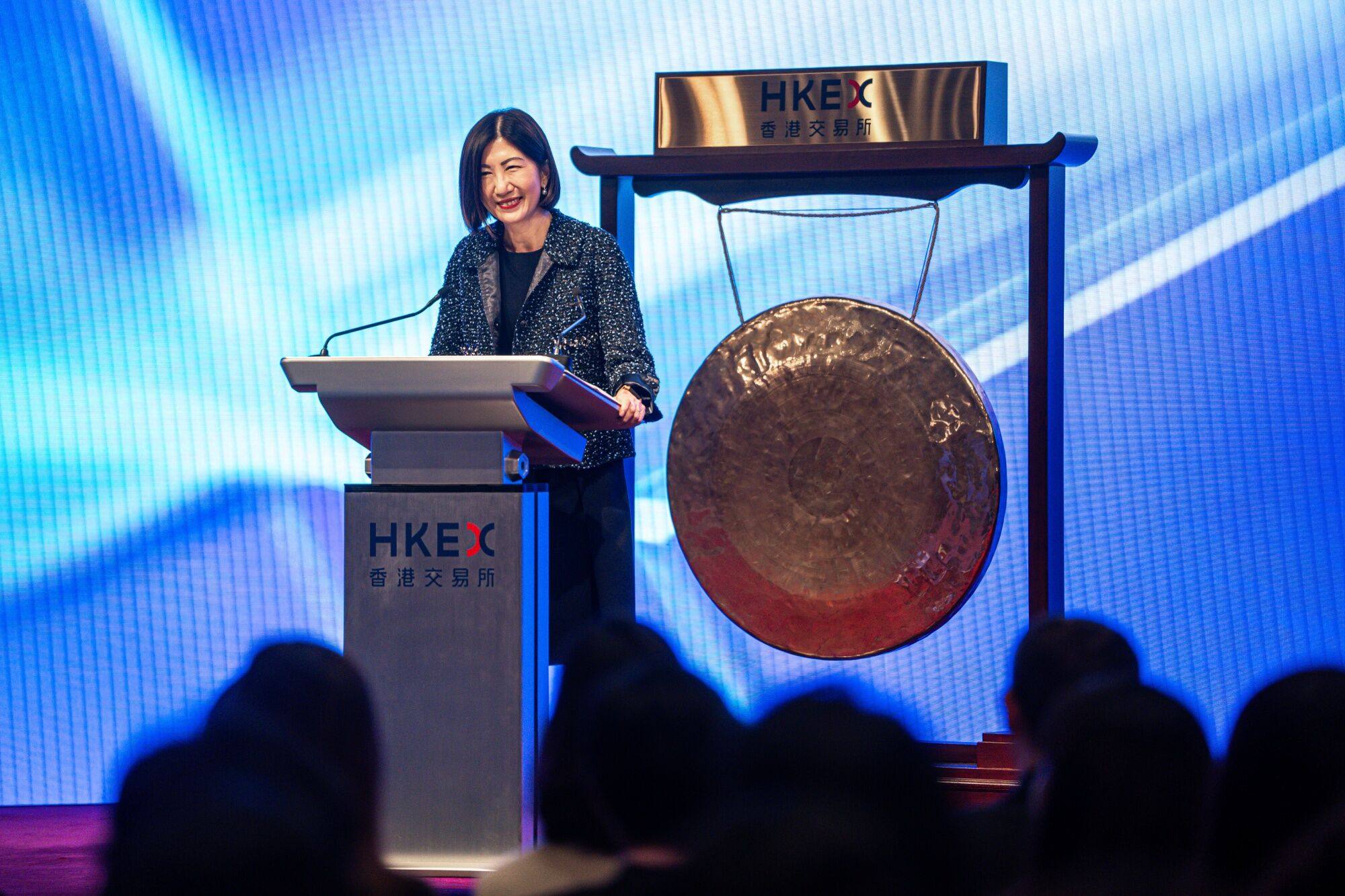
Apec Business Advisory Council meeting: Hong Kong teeming with wealth-creation opportunities despite headwinds
- Hong Kong offers wealth management and stock market opportunities despite headwinds and uncertain economic outlook in China, top business leaders say
- Some 200 business leaders from across the region are in Hong Kong for a four-day summit of the Apec Business Advisory Council
Hong Kong offers plenty of wealth management and stock market opportunities despite a flurry of headwinds and uncertain economic outlook in China, top business leaders said at a high-level conference on Tuesday.
Some 200 key business leaders from across the region, representing 21 economies, are in Hong Kong for a four-day summit of the Apec Business Advisory Council (ABAC), the advisory body’s second meeting of the year.
“We’re still very positive about the overall business opportunities in Hong Kong [and] despite the [economic] slowdown and the structural challenges that we are facing, we still believe China is the growth driver,” said Amy Lo Choi-wan, chairman of global wealth management Asia at UBS.
The vast amount of wealth creation in China presents a huge opportunity for wealth managers in Hong Kong, Lo said.

She added that the Swiss bank was moving its office to West Kowloon “right above the high-speed train station” to capture the opportunities in the Greater Bay Area. “In one hour, I can cover a 2 million population, US$2 trillion GDP [gross domestic product] and 25 per cent of [China’s] high-net-worth population.”
During the welcome dinner, Chief Executive John Lee Ka-chiu emphasised the strong trade and investment connections among Apec members.
“Bilateral goods trade between Hong Kong, China and the other members of Apec exceeded US$940 billion last year,” Lee said. That represented nearly 85 per cent of the city’s total goods trade, he said, adding that nine of Hong Kong’s top 10 trading partners are Apec economies.
Additionally, Hong Kong is currently negotiating a free-trade agreement with Peru, lee said. This will add to the eight agreements Hong Kong has already signed with 20 other economies. The city is also seeking accession to the Regional Cooperation Economic Partnership, the world’s largest free-trade pact, Lee added.
The number of ultra-high-net-worth individuals (UHNWIs) in mainland China is projected to increase by 47 per cent by 2028, despite a global slowdown in wealth growth, according to a Knight Frank report. China’s high-net-worth population is also becoming younger, with the proportion of UHNWIs under 40 rising from 29 per cent in 2019 to 49 per cent in 2023, according to a separate report by China Merchant Bank.
While challenges remain, including weak market sentiment and confidence, Hong Kong is still “clearly the heart for family offices to set up,” Lo said, adding that Hong Kong needs to work out “how we are going to tell the story, promote the stability, bring confidence back and showcase what we can offer”.
Eddie Yue Wai-man, CEO of the Hong Kong Monetary Authority, highlighted Hong Kong’s robust financial ecosystem, free flow of capital, and unique gateway role to China.
“There’s one unique feature of Hong Kong that has actually strengthened, which is Hong Kong being the dominant gateway to China,” Yue said.
The Hong Kong government is also pursuing green transition, technology and innovation to diversify its economy, he added.
Towards this end, the government has committed HK$24 billion (US$3.07 billion) for innovation and technology, and extended the Green and Sustainable Finance Grant Scheme to 2027 in this year’s budget.

“Hong Kong is still the first stop for Chinese companies going global, and for global investments into China,” said Mary Huen Wai-yi, CEO of Standard Chartered Hong Kong and one of the three ABAC representatives from Hong Kong.
“We are connecting China and the rest of the world, [and] one link has to be the renminbi,” she said.
As the world’s largest offshore yuan centre, Hong Kong handles about 80 per cent of international yuan payment transactions.
“With a huge renminbi capital pool, a wide range of renminbi products and a well-developed financial infrastructure, Hong Kong plays a key role in accelerating the renminbi’s internationalisation,” she said.

Bonnie Chan Yiting, CEO of bourse operator Hong Kong Exchanges and Clearing, highlighted the scope and breadth of the city’s financial market.
“Our ability and the depth of our market is still very good [and] we have the benefit of having China,” she said.
Chan acknowledged the headwinds posed by geopolitical tensions, the high interest rate environment and macroeconomic conditions and also noted that new listings had slumped.
“It’s not a problem specific to the city but a global phenomenon,” she said. “Is Hong Kong going to continue to take the lead in terms of global capital resistance? My answer is, yes.”

